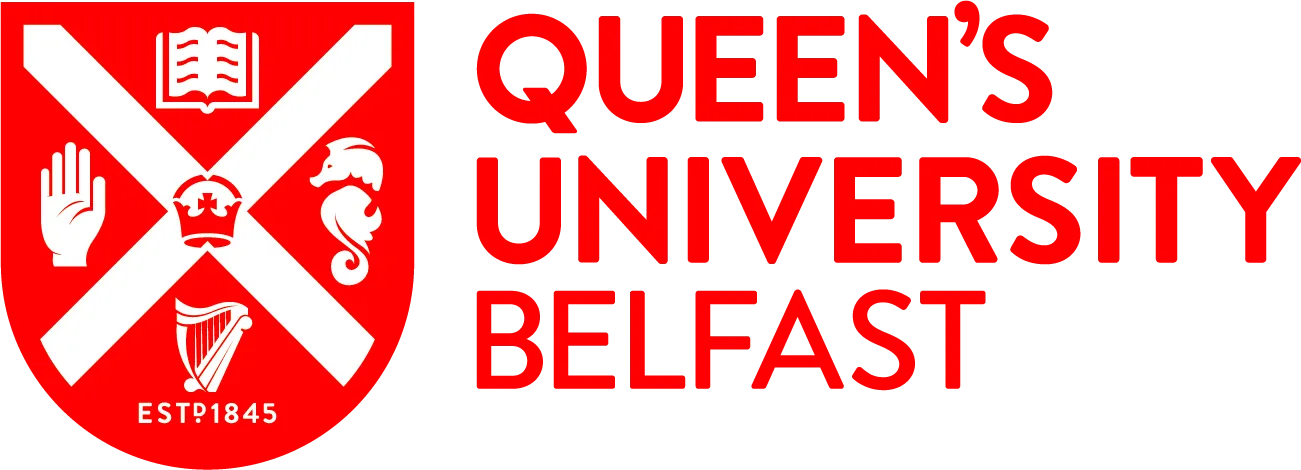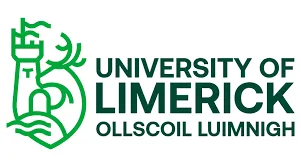FIRST PETT

Efficacy and mechanisms evaluation of remotely delivered Fast Imagery Reversal Script for Trauma release Protocol (FIRST Protocol) vs Waiting List (WL) Controlled group for Post-Traumatic Stress Disorder (PTSD) in UK military veterans
Post-Traumatic Stress Disorder (PTSD) is a mental health condition which can follow experiencing, or witnessing, events such as threatened or actual death, serious injury or sexual violence. PTSD rates in the general population are 4% but in military veterans it can be up to 17% or higher. For up to 80% of veterans, their PTSD is Complex - associated with multiple, or prolonged, traumas. Some veterans find it difficult to seek NHS therapy because it is lengthy and requires recalling the traumatic events. NHS therapies are also costly which limits availability. Charities and policy makers agree that new PTSD therapies are called for that better meet veterans’ needs.
FIRST is a possible new treatment for PTSD. The process asks the person to visualise in a way that is intended to be comfortable, non-traumatising, and non-intrusive. We want to find out if FIRST therapy is effective in reducing PTSD symptoms, how it works and whether it can be recommended as a standard NHS treatment option in the future. Our earlier feasibility study with 60 veterans has indicated that FIRST therapy is effective in this way, and we now aim to assess it in a full clinical trial with a larger number of UK military veterans.
This project (NIHR153865) is funded by the Efficacy and Mechanism Evaluation (EME) Programme, an MRC and NIHR partnership. The views expressed in this publication are those of the author(s) and not necessarily those of the MRC, NIHR or the Department of Health and Social Care.
This study has been funded by the Forces in Mind Trust (FiMT), a £35 million funding scheme run by the FiMT using an endowment awarded by The National Lottery Community Fund.
You can find an information sheet for potential participants here.
Participant's testimonial
Recruitment animation
Aims
Aims and objectives are to:
- Determine the efficacy of FIRST compared to wait list control at 20 weeks for achieving a Minimal Clinically Important Difference in PTSD symptoms.
- Understand the impacts of FIRST on mental health and wellbeing.
- Understand 52-week FIRST maintenance of effect.
- Determine whether the mechanistic pathways can be understood through established Cognitive science of PTSD.
Methods
The trial is a patient-level 1:1 computer randomised controlled trial preceded by a single arm proof of concept study. The trial incorporates a five-month internal pilot, a nested mechanistic experimental study and 52-week maintenance of effect analysis. Over 19 months we will recruit 215 UK military veterans with PTSD and randomise them to immediate FIRST therapy or 20-weeks waiting list control. FIRST is delivered online via trained, supervised, charity partner therapists. Primary trial outcome is PTSD symptoms assessed by the PCL-5. Cognitive outcomes align with mechanistic hypotheses. The final trial follow-up on all outcomes is 20-weeks.
Our Partners

Inspire Wellbeing

The University of Leeds Clinical Trials Research Unit

Principal Investigator
Affiliations
Funding
Funding Body: MRC and NIHR - Efficacy and Mechanism Evaluation (EME) Programme
Amount: £1,601,153.57
Period: February 2024 - January 2028
Funding Body: Forces in Mind Trust
Amount: £329,225.32
Period: February 2024 - January 2028



